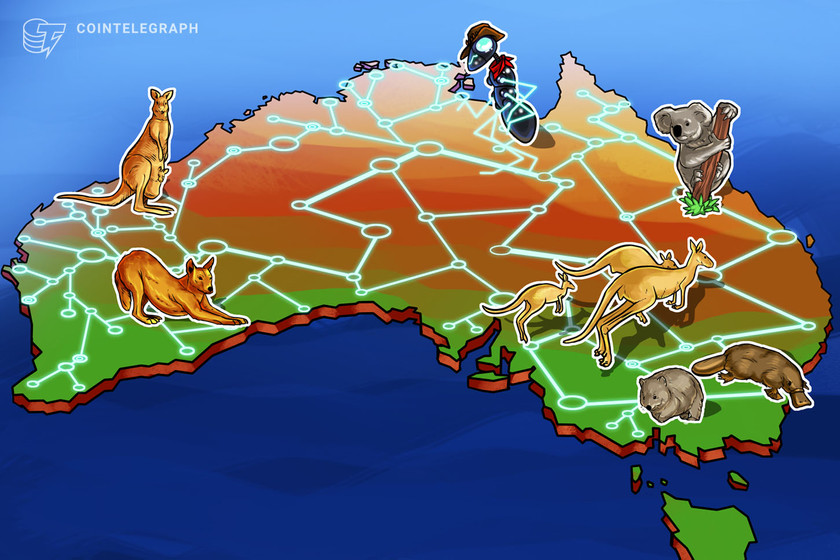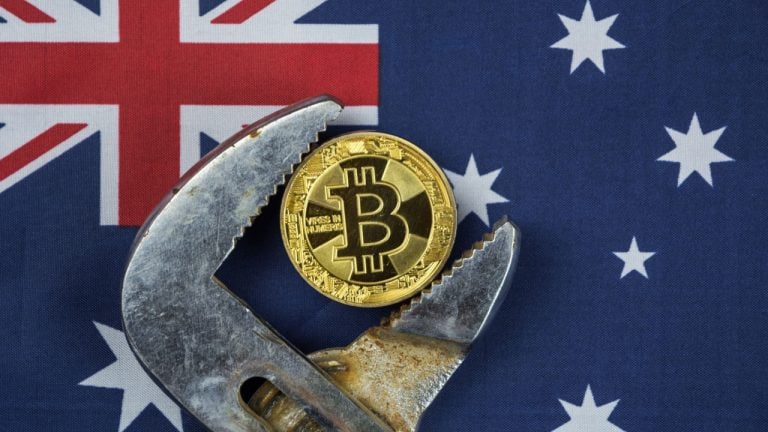
The study would examine the possible impact of holding crypto and how the state would custody digital currency.
A bill that would see North Carolina’s Department of State Treasurer study the feasibility and benefits of the state holding Bitcoin (BTC) has passed the lower house of the General Assembly.
On June 28, the North Carolina House of Representatives passed the bill which would commission a $50,000 study to examine “acquiring, securely storing, insuring, and liquidating” both gold bullion and “virtual currency [...] such as Bitcoin.”
The study would investigate what impact gold and cryptocurrency holdings would have if North Carolina held part of its funds in crypto and gold.
Specifically, it would research if such holdings would hedge against inflation and “systemic credit risks,” and if gold and crypto could reduce volatility, increasing the state’s portfolio returns.
Another #Bipartisan Victory in NC w/ passage of HB721 | #Bitcoin/#DigitalAssets/Custody Study Bill
— Dan Spuller (@DanSpuller) June 28, 2023
-Passed 75-38
-GOP + Dems Came Together
-Directs/Funds @NCTreasurer to Study Benefits of #BTC + #Custody
-Led by @NC_Blockchain + @SoundMoneyDef
https://t.co/0veKPZlbVJ pic.twitter.com/nNYUbfmJd1
The bill mulls potentially creating a state-administered depository for crypto that would see North Carolina as the custodian of its digital asset holdings.
The study would, however, examine the costs and benefits of using a “privately managed depository or another state’s depository.”
The 120-member House passed the bill, with 73 voting in favor, 40 against and seven absent.
The bill must pass the Senate before it’s either signed into law or vetoed by Governor Roy Cooper.
Related: Yes, the Secret Service has an NFT collection, and no, it’s not for sale
On May 3, North Carolina’s House unanimously passed a bill that would prohibit payments to the state using a central bank digital currency (CBDC).
The bill stipulated the United States Federal Reserve would also be barred from using North Carolina to test any future pilot CBDC.
The day before, on May 2, a one-year moratorium on crypto mining was passed by the Board of Commissioners for Buncombe County in North Carolina.
Opinion: GOP crypto maxis almost as bad as Dems’ ‘anti-crypto army’







